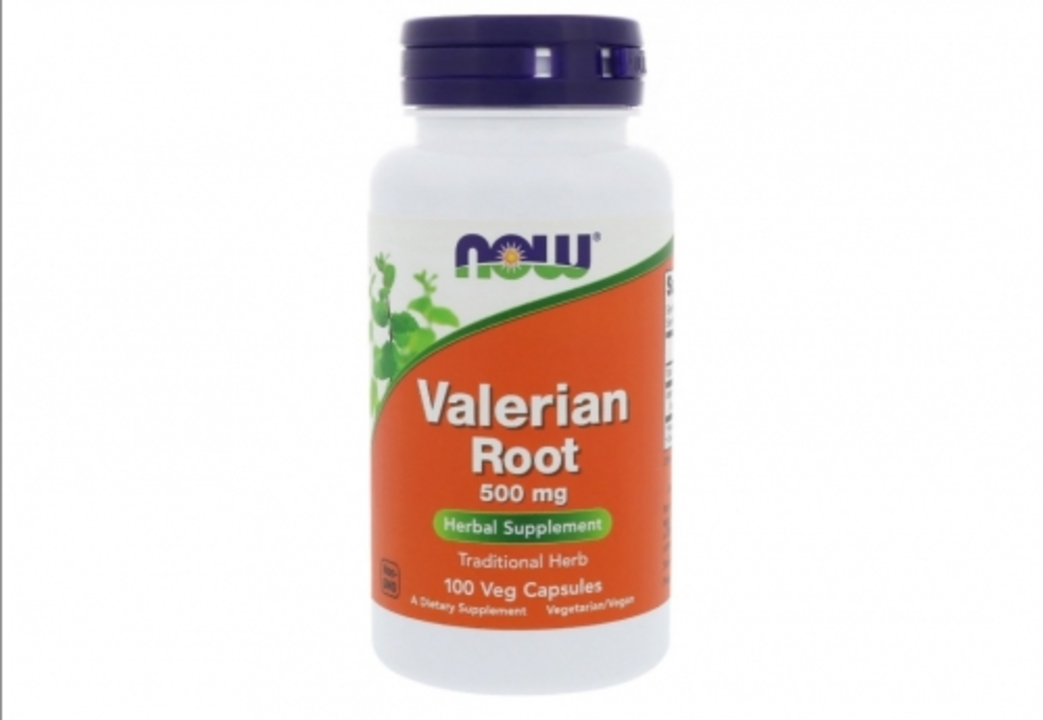Effectiveness: How to Judge a Drug or Treatment
Knowing whether a medicine or therapy actually works can change decisions and outcomes. On TrySildenafil we tag articles with "effectiveness" when they dig into how well a treatment performs in studies and in real life. This page helps you read those articles smarter and use the info to make better choices with your doctor.
How to read effectiveness data
Start by checking where the data comes from. Randomized controlled trials (RCTs) show efficacy — how a drug works in ideal conditions. Real-world studies show effectiveness — how it works in everyday life. For example, our article on alternatives to sildenafil reviews both trial results and early real-world reports so you can see the difference.
Look at the outcome measured. Is it a symptom score, a lab value, or a meaningful result like fewer hospital visits? A drug that lowers a lab number might not improve how you feel. Our mesalamine enema guide explains what to expect from symptom and inflammation measures, not just lab changes.
Check absolute numbers, not just percentages. If a treatment reduces risk from 2% to 1%, that’s a 50% relative drop but only 1 percentage point saved. Ask whether that change is worth the cost and side effects. Our Wellbutrin and Zyprexa posts highlight real patient outcomes and common trade-offs so you can weigh benefits vs risks.
Watch the study size and follow-up time. Small studies or short trials can overstate benefits. Long-term data is often missing for newer therapies — see our piece on new PDE-5 inhibitors for examples of promising early results that still need longer follow-up.
Quick checklist to judge a treatment
Use this checklist when you read an article or talk with your clinician: Who funded the study? What exact outcomes were measured? How many people were studied and for how long? Do the patients match your age, sex, and health status? What were the main side effects and dropout rates? Did real-world reports match the trials?
If you’re switching drugs, patient stories can help. Our Metoprolol switch stories show real people’s experiences — what improved, what didn’t, and what to ask your doctor before swapping meds. Personal reports won’t replace trials, but they reveal tolerability and daily-life issues that numbers miss.
Finally, think about adherence and lifestyle. A perfectly effective drug on paper does nothing if you skip doses or can’t tolerate side effects. Practical tips in our atorvastatin sleep article and our Pantoprazole alternatives guide help you pair treatment choices with real-life routines.
Want to explore articles that test effectiveness? Check posts tagged here like Wellbutrin, Tadalista, Zyprexa, and our pieces on drug alternatives. Read the data, use the checklist, and bring specific questions to your clinician. That’s how you move from confusion to a treatment that actually helps you.

- Jun 2, 2023
- SkyCaddie Fixer
- 8 Comments
The Science Behind Stinging Nettle: What Makes It an Effective Dietary Supplement
I recently delved into the science behind stinging nettle and discovered what makes it such an effective dietary supplement. It turns out that stinging nettle is packed with essential vitamins and minerals, as well as powerful antioxidants that can help protect our bodies from damage. Additionally, studies have shown that it has anti-inflammatory properties, which can benefit people suffering from conditions like arthritis. The plant also has diuretic effects, aiding in detoxification and improving kidney health. Overall, stinging nettle is a true powerhouse of nutrients that can greatly contribute to our overall health and well-being.
